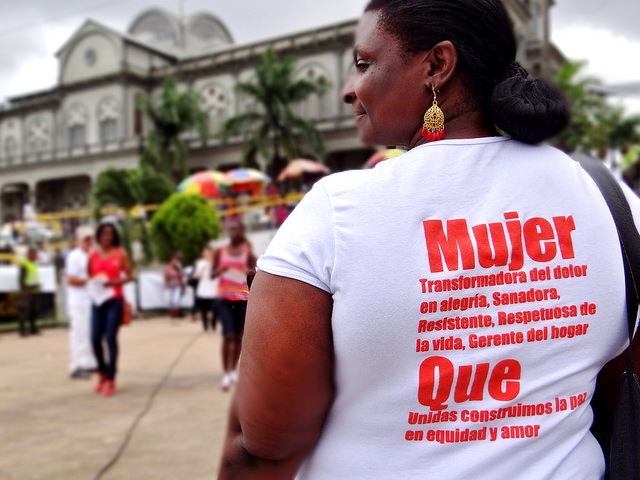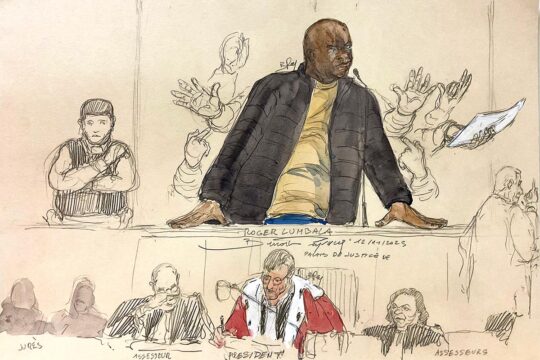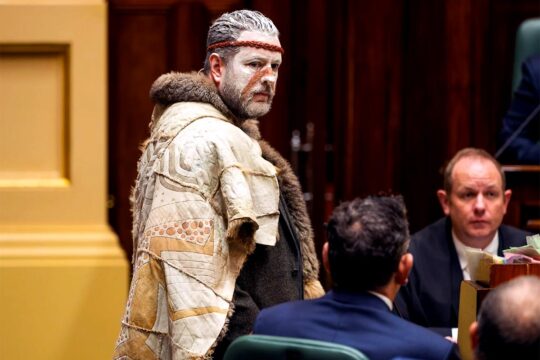Saturday October 31 marked fifteen years since the UN adopted Resolution 1325 calling for women’s participation at all stages of peace processes. The aim was to ensure that the voice of women, who pay a heavy price in conflicts around the world, is better heard.
Fifteen years later, the results are meagre. According to a report by UN Women looking at 31 major peace processes between 1992 and 2001, only 9 % of the negotiators were women. In countries like the Democratic Republic of Congo, women remain the main victims of war. Julienne Lusenge, director of the Fund for Congolese Women and President of the NGO Sofepadi, thinks the UN must go further than Resolution 1325. “What the UN should do is make our presence compulsory,” she said in an interview with JusticeInfo.Net. “I think they must agree to let us participate officially in the various peace processes.”
In Mali, for example, only three out of fifteen members of the new Truth, Justice and Reconciliation Commission (CVJR) which officially started working on Thursday, are women. The CVJR’s mandate is to shed light on violence in the country between independence in 1960 and 2013, especially in the north of the country. According to the law governing its creation, the Commission is to “help bring lasting peace through the search for truth, reconciliation and strengthening national unity”.
Palestinian President meets ICC Prosecutor
In Senegal, the special African court trying former Chadian dictator Hissène Habré suspended its hearings until November 9. Habré, who is accused of war crimes, crimes against humanity and torture during his rule (1982-1990), has been appearing since July 20 before the Extraordinary African Chambers set up under an agreement between Senegal and the African Union. The last witness testifying on Thursday told of suffering in the former president’s jails. “What saved me (from death) was that I stayed by the door where there was a hole, through which I could breathe fresh air,” said the witness, according to whom prisoners were piled on top of each other.
Another former African president accused of crimes against humanity is Laurent Gbagbo, ex-president of Côte d'Ivoire, who awaits his trial before the International Criminal Court (ICC) in The Hague, Netherlands. The trial was due to start on November 10, but the ICC announced on Wednesday it was postponed until January 28, to give the judges time to study health reports on Gbagbo. The ex-president is to be tried with his former Youth Minister Charles Blé Goudé.
The postponement of Gbagbo’s trial was announced three days after his rival and presidential successor Alassane Ouattara was re-elected in Côte d’Ivoire.
Still at the ICC, Prosecutor Fatou Bensouda met on Friday in The Hague with a Palestinian delegation led by President Mahmoud Abbas himself. The delegation, which also included Palestinian Foreign Minister Riyad al-Malki, urged the ICC Prosecutor to investigate war crimes the Palestinian Authority says Israel committed in Gaza in 2014. In January, Bensouda launched a preliminary examination to determine if she has enough grounds to open an investigation into alleged war crimes committed in Gaza since summer 2014.







